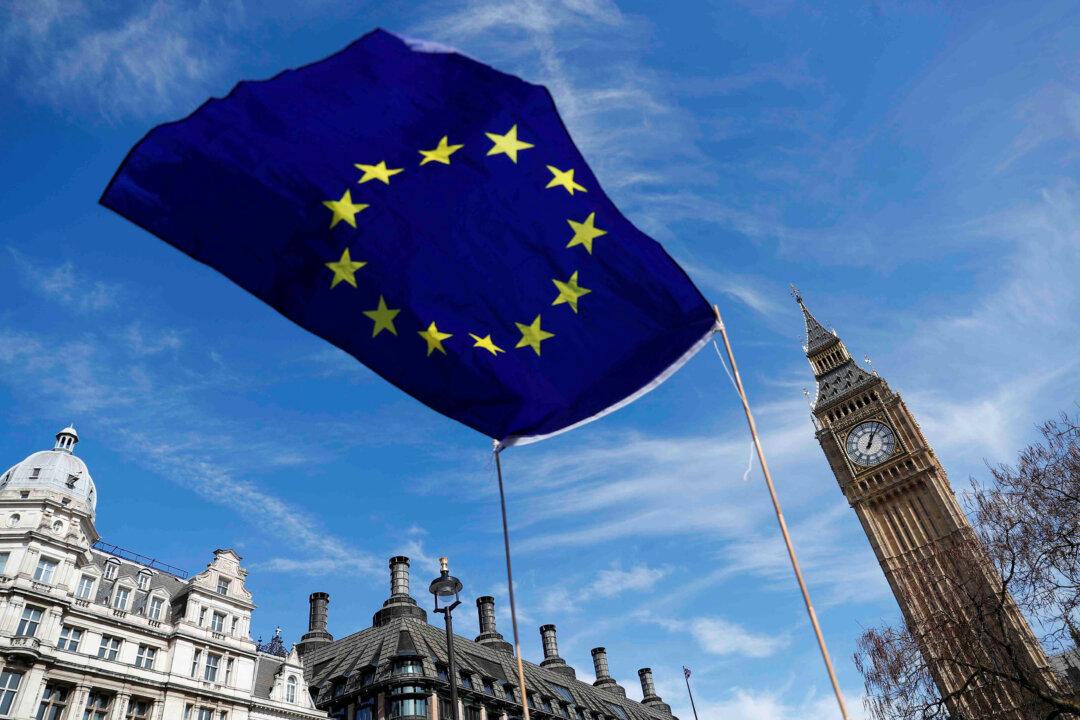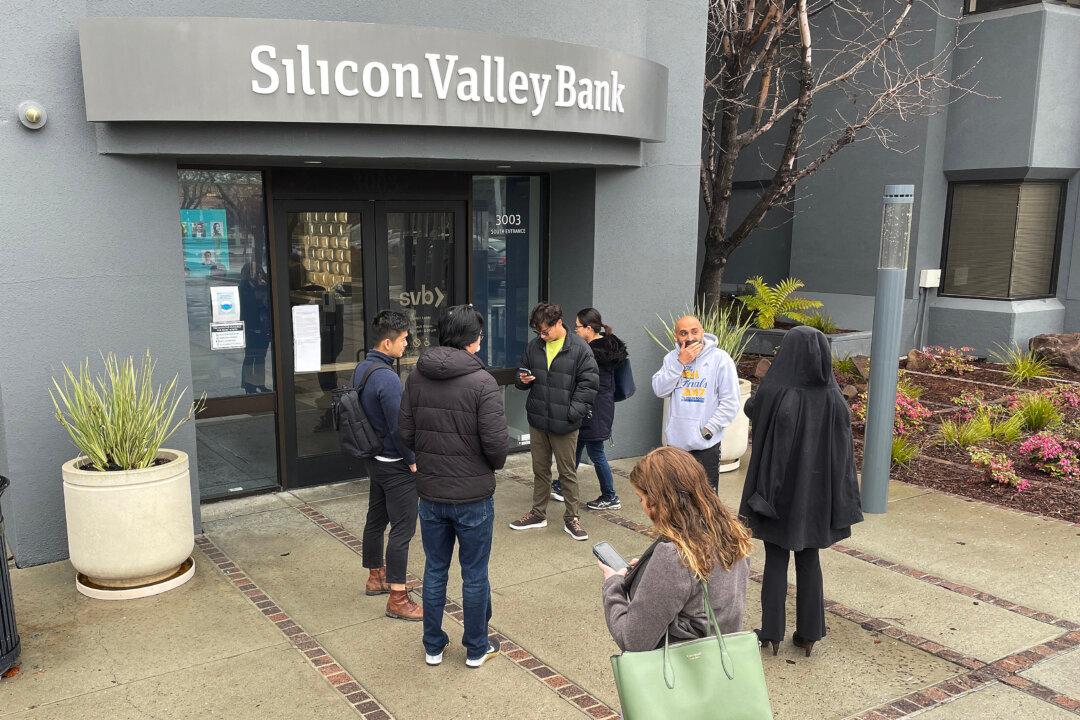Commentary
Mika Lintilä, minister of economic affairs of Finland, stated in the Finnish Parliament on Sept. 8 that Finland is at war with Russia. This was an inexplicable statement from a Finnish minister. We have not been in war with Russia since the truce ending the Continuation War (a peace treaty was signed on Sept. 19, 1944), and we definitely are not in a war with Russia now.





